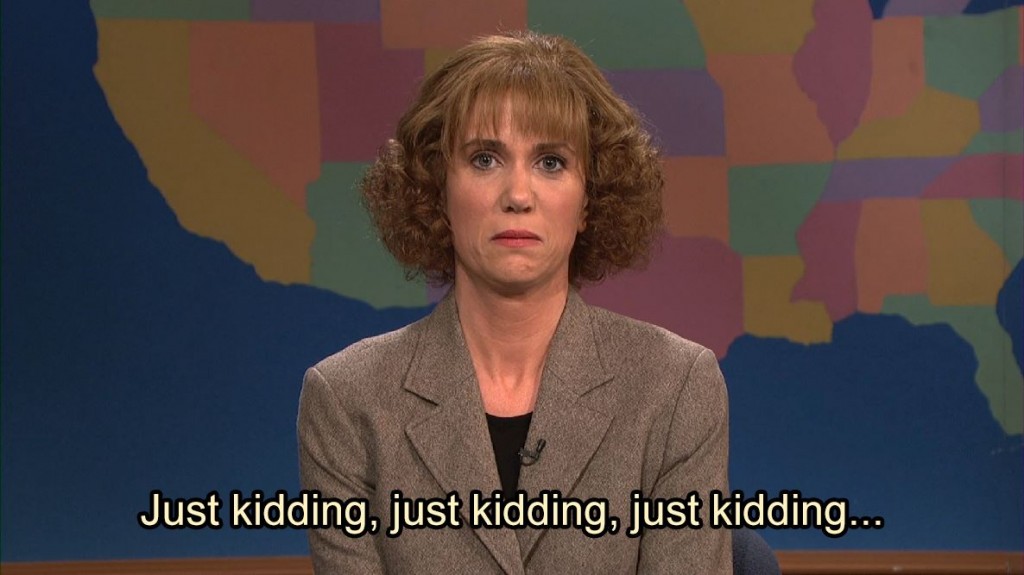Chances are you're saying this right now or making this face. I'm not crazy about pranks either, but I am a fan of looking to history to find out why every April 1, we all trick and lie to each other. Here's what I found:
The origins of the tradition are hard to pin down. Some believe that it stems from when Pope Gregory XIII ditched the Julian calendar for the Gregorian in the 1500s, making the New Year begin in January instead of the beginning of spring. This was before Twitter so news travelled pretty slowly across Europe, leaving a lot of rural folk in the dark about the change. There were also people who disagreed with the change. Anyone who still celebrated the New Year on the first of April was branded an "April fool" and was subject to pranks.
Other historians see origins of the holiday in Sizdah Bedar, a Persian holiday celebrated since 536 BC. On this day, Iranians trade city life for the mountains, the woods, or even a park of garden, where they picnic and, you guessed it, play pranks.
Or maybe we can blame Chaucer for all of this: In his Canterbury Tales (1392), the "Nun's Priest's Tale," which tells the story of a rooster being tricked by a fox, is set Syn March bigan thritty dayes and two. Readers took this to mean March 32 a.k.a. April 1. Scholars believe that this line resulted from a copying error and should have read Syn March was gon..., which would have meant 32 days after April a.k.a. May 2, the anniversary of the engagement of King Richard II of England. Typos: ruining lives since the 1300s!


